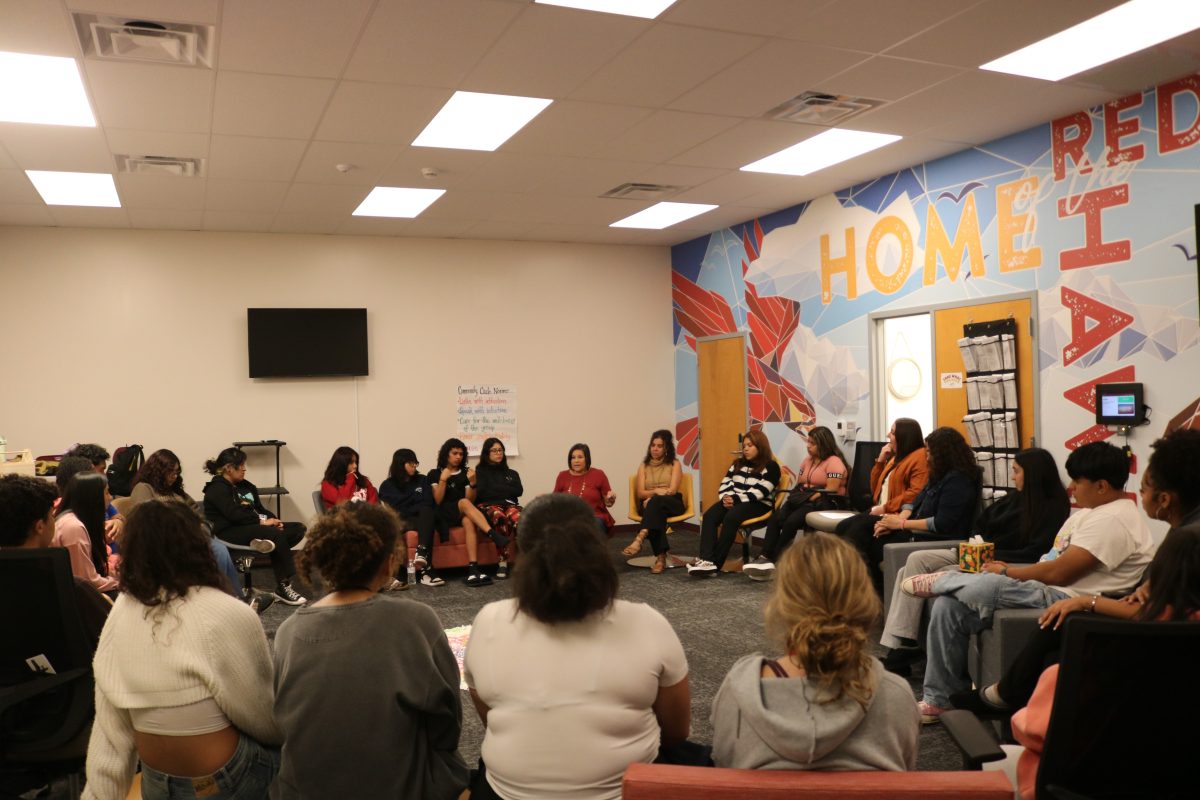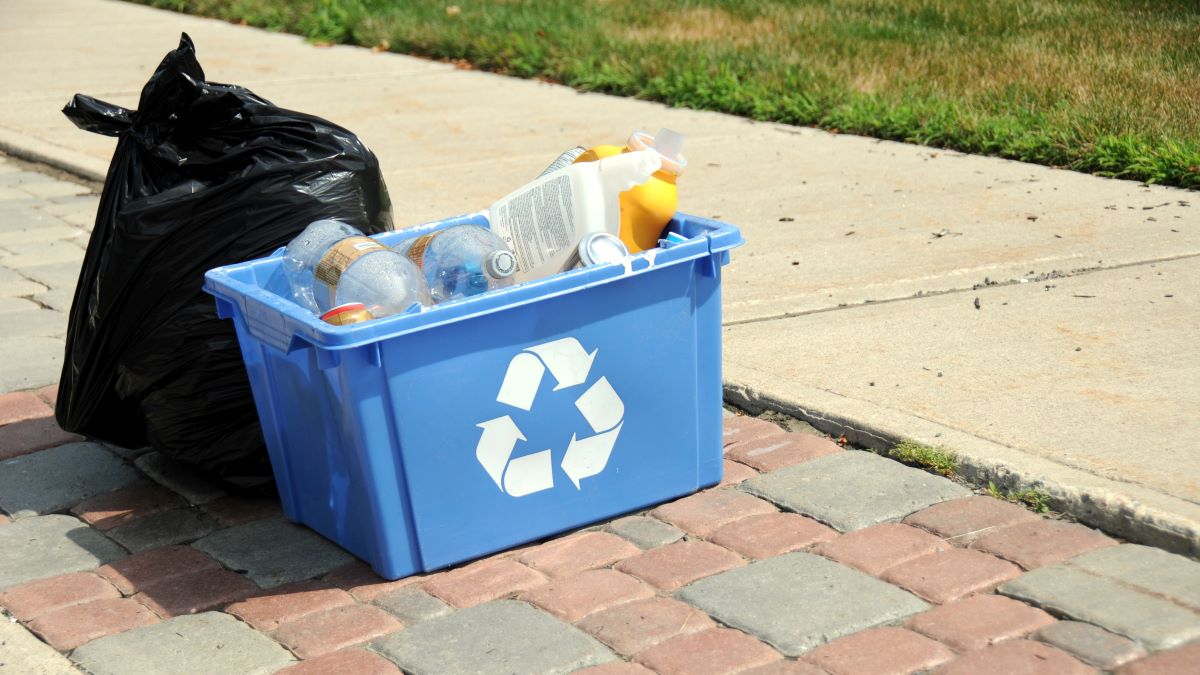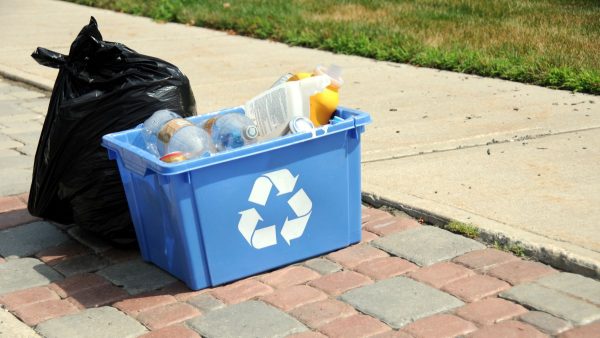If You Snooze, You Won’t Lose
World Sleep Day was Celebrated on March 17
Every year on March 17, the Friday before the spring equinox, everyone around the world celebrates World Sleep Day. This day is a call to action to spread sleep health awareness. An organization named the World Sleep Society has been holding global awareness events annually since 2008.
The members of World Sleep Society, in over 70 countries, spread the importance of resting everyday. These members include sleep experts, and community health advocates.
Just like eating well and exercising well, sleep is foundational to one’s physical, mental, and social-well being. According to the National Institutes of Health, the average person gets less than seven hours of sleep every night. The time that we should be sleeping is between at least seven to nine hours, and adults who sleep less than seven hours a night are more likely to have health issues than those who sleep seven hours or more a night. That’s only adults who might sleep less than seven hours, teenagers are suffering from sleep deprivation as well. According to the Better Health Channel, the average teenager sleeps for about 6.5-7.5 hours a night when teenagers should be resting for at least eight hours. This is why many students who do not sleep for the minimum amount of time can experience drifting off in class, or not concentrate in class. Even worse, they may make poor decisions because they lack the sleep that they need. Some might even face depression because of the lack of sleep.
Even with all of these effects of not sleeping for at least 8 hours, what are ways to help with sleep deprivation? To begin, you should avoid screens such as phones or computers. This causes the mind to race at night and before you know it you’ll be scrolling on TikTok for another hour before you sleep. You should also avoid staying up late on the weekends. Even though you have a break from all important activities for two days before Monday, not sleeping will undo all of your hard work. Finally, remember that even thirty minutes of extra sleep each night can make a huge difference. Just understand however, that switching up routines to get extra sleep may take about 6 weeks before you feel the benefits.
In conclusion, it is really important that you get enough sleep to become more energized the next day. Most people say that if you snooze you’ll lose, but that is only a myth and you should be eager to earn enough sleep to feel better the day after. Now that we understand the full effects sleep has on us, spread the word about World Sleep Day to encourage others in your community to get enough sleep.
Sources:https://www.betterhealth.vic.gov.au
https://worldsleepsociety.org/
https://www.nih.gov/
























